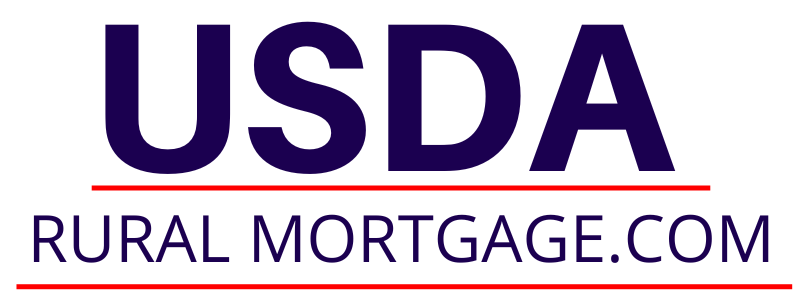In the world of real estate transactions, “seller concessions” are a vital component that can significantly impact both buyers and sellers. These are benefits that a seller agrees to offer to reduce the purchasing costs for the buyer. This blog explores how seller concessions work, particularly within the framework of USDA rural mortgages, and how they can be a game-changer in real estate deals.
Speak with one of our Homebuyer Specialists to Learn more about Seller Concessions at 888-767-0554
What Are Seller Concessions?
Seller concessions are parts of the purchase agreement where the seller agrees to pay specific costs on behalf of the buyer. These can include closing costs, inspection fees, title insurance, and more. In essence, seller concessions are a financial incentive used by sellers to make their property more attractive or to expedite a sale.
How Do Seller Concessions Work with USDA Loans?
USDA loans are designed to help moderate- to low-income individuals purchase homes in rural areas. These loans offer numerous benefits, including no down payment and lower interest rates. However, buyers can still face significant closing costs, which is where seller concessions can help.
Seller concessions with USDA loans can cover:
- Closing costs
- Prepaid expenses such as insurance and taxes
- Title fees
- Loan origination fees
Limits on Seller Concessions
For USDA loans, the amount of seller concessions cannot exceed the actual closing costs. Moreover, USDA loan guidelines cap seller concessions at 6% of the home’s purchase price. This limit ensures that the concessions are reasonable and prevent inflating the sale price unfairly.
Benefits of Seller Concessions
For Buyers:
- Reduced out-of-pocket expenses make home buying more accessible.
- Financial relief can improve affordability and allow savings for other expenses, like home improvements or furniture.
For Sellers:
- Offering concessions can make a property more appealing compared to others on the market.
- It can speed up the closing process.
- Helps sellers who are looking to close quickly for personal or financial reasons.
Negotiating Seller Concessions
Understanding the art of negotiation is key to effectively using seller concessions. Buyers should work with experienced real estate agents who understand local market conditions and USDA loan specifics.
Tips for Buyers:
- Have your agent perform a comparative market analysis to justify the requested concessions.
- Be ready to compromise; if the market is competitive, consider lower concessions.
Tips for Sellers:
- Calculate your net proceeds with different concession scenarios to understand how offers compare.
- Use concessions strategically, perhaps agreeing to them only if the buyer meets your price requirements.
Tax Implications
Both buyers and sellers should consult with a tax advisor regarding the implications of seller concessions. Generally, these concessions are not taxable income for buyers but can affect the seller’s capital gains calculations.
Conclusion
Seller concessions are a powerful tool in the real estate transaction process, particularly for buyers utilizing USDA loans. By understanding and negotiating these concessions properly, both buyers and sellers can achieve favorable outcomes, making homeownership more attainable and selling more streamlined. Whether you are buying or selling, it’s wise to consult with real estate professionals who can guide you through the process, ensuring all parties benefit effectively.
This guide provides a clear insight into how seller concessions can work for you, whether you’re on the buying end or selling. Remember, the key to success in utilizing seller concessions lies in clear communication and thorough understanding of the market and the specific requirements of USDA loans.
Speak with one of our Homebuyer Specialists to Learn more about Seller Concessions at 888-767-0554


No Comments
Be the first to start a conversation